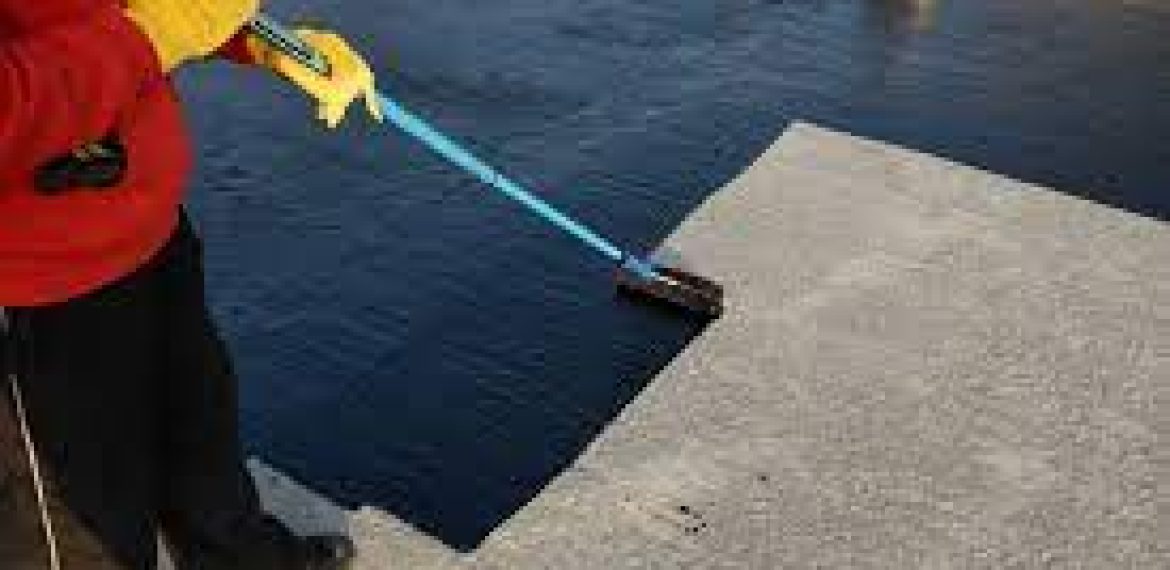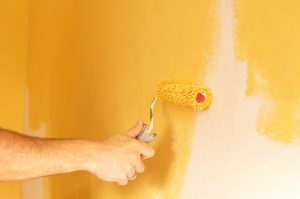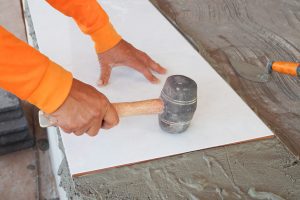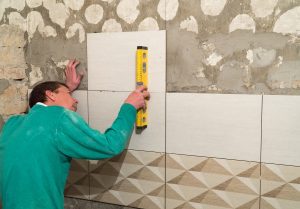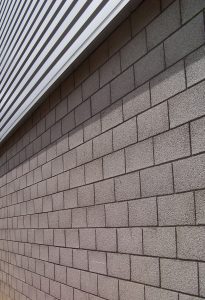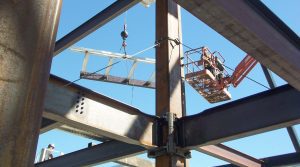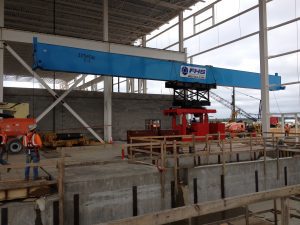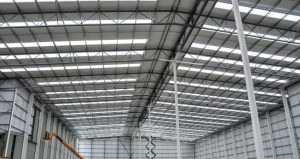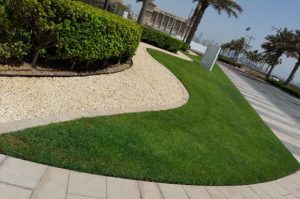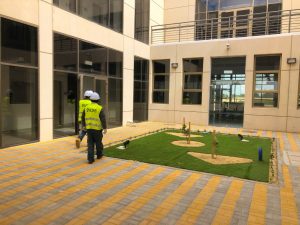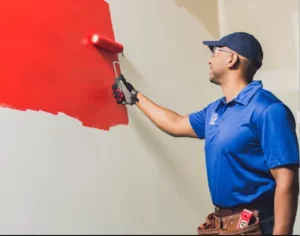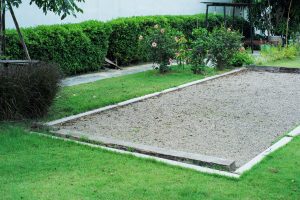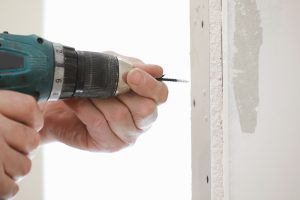How Does Cementitious Waterproofing Work?
There are a lot of subpar waterproofing products on the market. Before offering installation warranties, the vast majority of manufacturers would only work with trained applicators such as Skilya.
Due to the vast array of products available, it is essential to start any waterproofing project with a thorough reading of the manufacturer’s documentation, a call to their technical support department, and even a site visit from a field representative.
Waterproofing using Cement
Waterproofing using cementitious products is likely the simplest option. You can get them at any store that sells building materials, and they don’t take long to prepare and put to use.
If you’re going to be working with this stuff, a brush with a long handle will come in handy. In addition, shell out the additional cash to get acrylic additive (a white, milky liquid) to blend with the cement product.
In this way, bonding will improve, and the coating’s durability and longevity will increase. You can take assistance from Skilya to help you get started.
The lack of flexibility in cementitious goods is the main drawback, most likely because cement doesn’t stretch much at all. They are watertight up to a certain height, but they have practically little tolerance for movement at the joints or cracks.
Liquid Membrane
A liquid membrane may be sprayed on, rolled out, or troweled on. A rubbery layer forms when the liquid dries on the wall. Many companies provide polyurethane liquid membranes in a selection of grades, each optimized for a different application method: troweling, rolling, or spraying. Skilya can help you with the best application in this regard.
Keep a close eye on the application process
Joints, voids, and form-tie holes likely undergo a unique treatment process at the factory. Before applying the final coat, a fillet may need to be formed at the wall-footing junction using cement or another trowel-grade substance. If you’re unsure how to do it, contact Skilya now!
As opposed to other coating options, liquid coatings may be applied rapidly, have a low in-place cost, and provide great elongation. One major drawback is the possibility of coverage gaps. A diligent applicator can guarantee at least 60 mils of coverage every time, but even that is no guarantee.
Hence, having a skilled professional for cementitious waterproofing, such as Skilya is super important.
Liquid-Cell Membranes
Self-adhering rubberized asphalt membranes are often the most requested sheet materials. These membranes, which are 60 mils thick, are made from rubberized asphalt and a waterproof polyethylene film.
In order to apply, you must first peel off the release paper that protects the asphalt side. You can contact Skilya to make the application process a breeze for you!
This material’s adhesiveness will drive you mad the first time you use it. After getting into a groove with it, though, you’ll be pleasantly pleased by how quickly you can go.
For best results, you’ll need at least two people: one on top to smooth it out and put it down, and another on the bottom to peel off the paper. You can hire Skilya for this purpose as well.
Concrete Waterproofing Systems
A concrete primer is an initial step in these setups. The system is then extended all the way out onto the footing by mopping on a layer of hot tar (cooked in a big asphalt kettle) and then immediately applying a sheet of perforated felt.
Once you have three layers of felt and a final tar covering, you may start to stagger the sheets. Contact Skilya to make things easier for you!
Bentonite
The use of sodium bentonite, a kind of clay, has increased in popularity during the last several years. A rising number of architects and builders prefer bentonite in panel form. Bentonite’s efficacy stems from the fact that it can soak up a lot of water.
The clay absorbs water, increases in size by 15 times, and forces its way into crevices. At its full volume, it provides a permanent barrier against water intrusion and remains in place.
Bentonite offers a number of benefits, including being non-toxic and environmentally friendly, being simple to use, being applied quickly, and being effective even in cold weather. You may contact Skilya for efficient use of bentonite for waterproofing.
Take Away
Skilya waterproofing solutions are only one of the many products that excel in developing and producing cementitious waterproofing. Emulsion polymers are developed in collaboration with clients once we learn about the design and technical problems they face!

